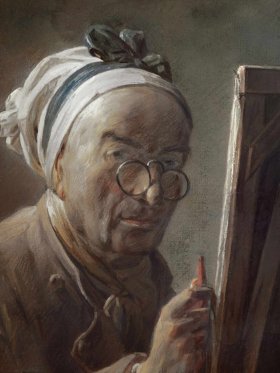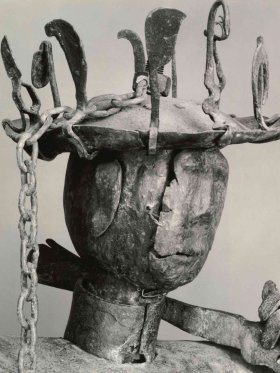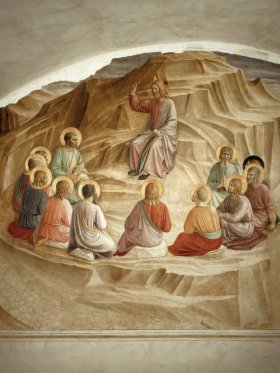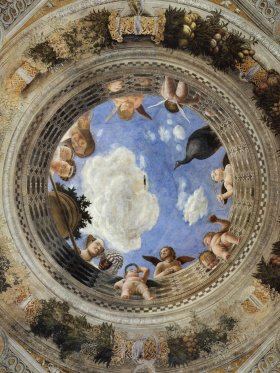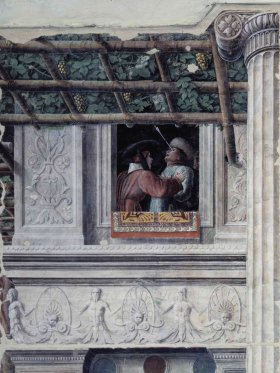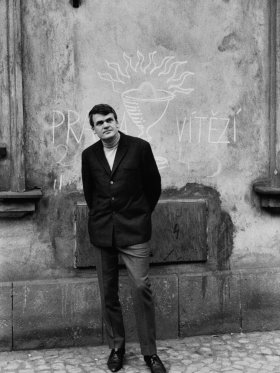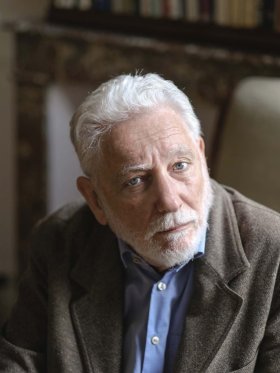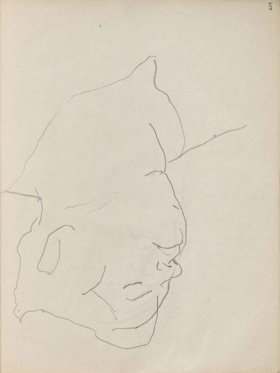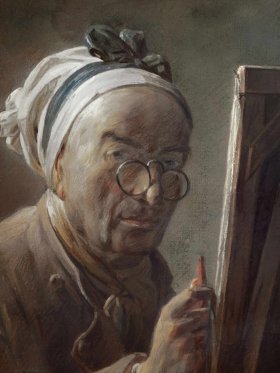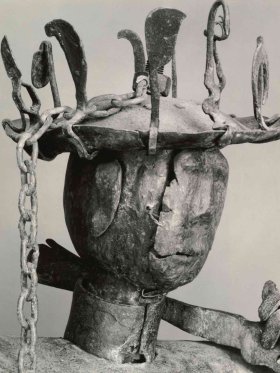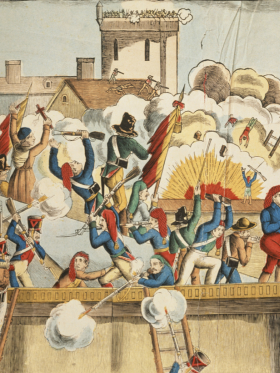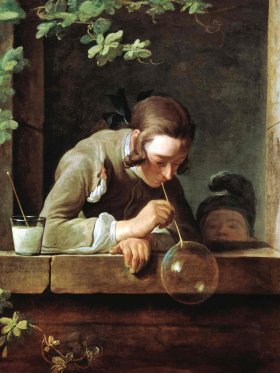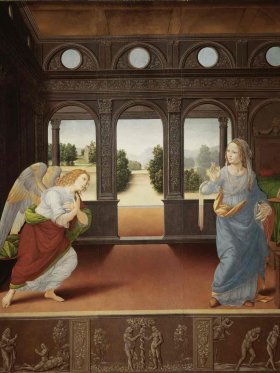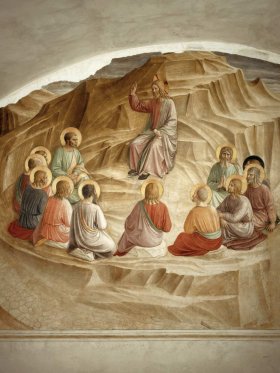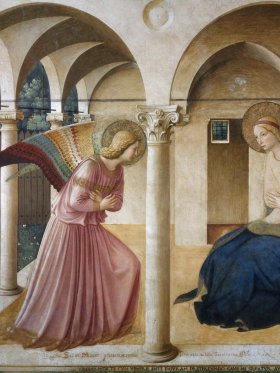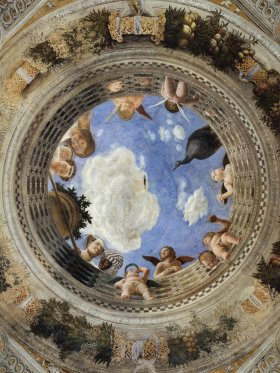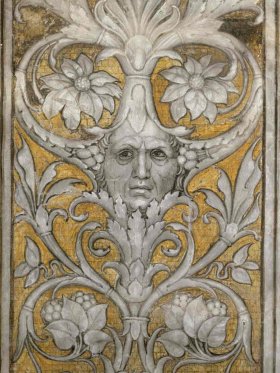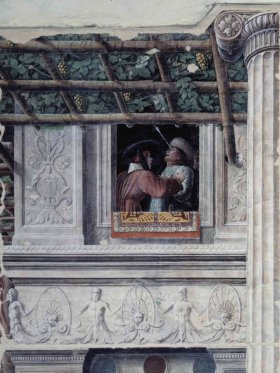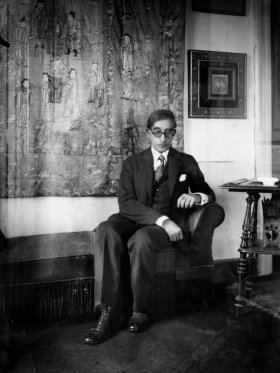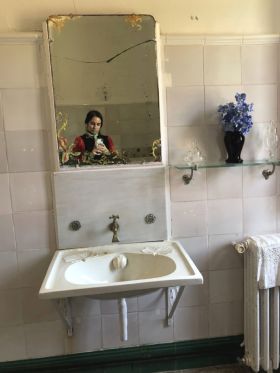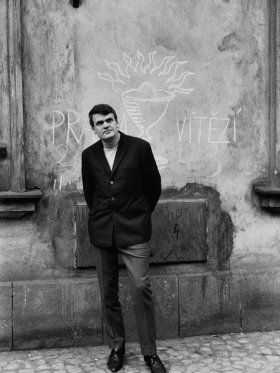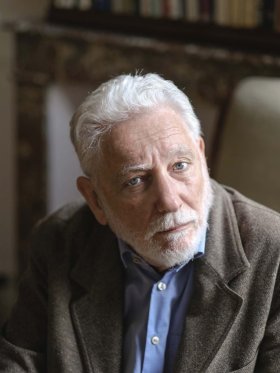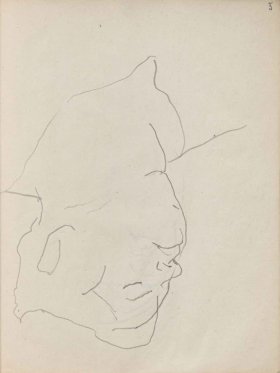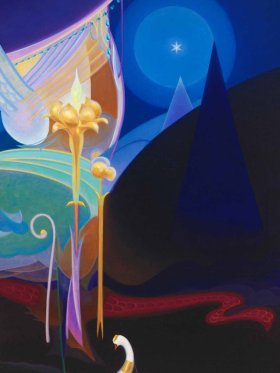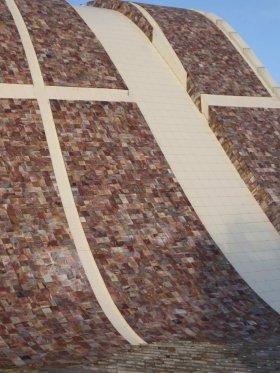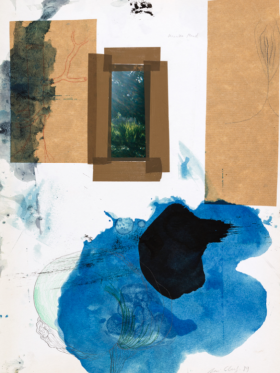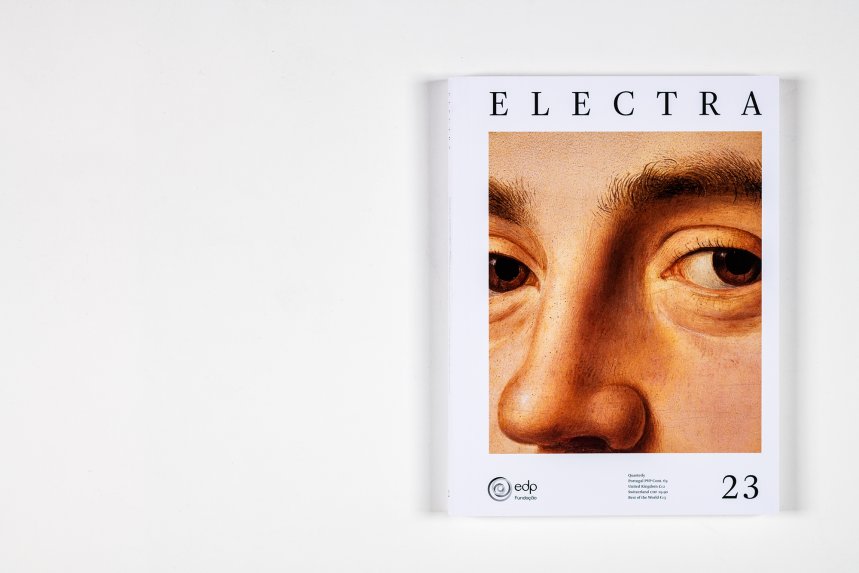
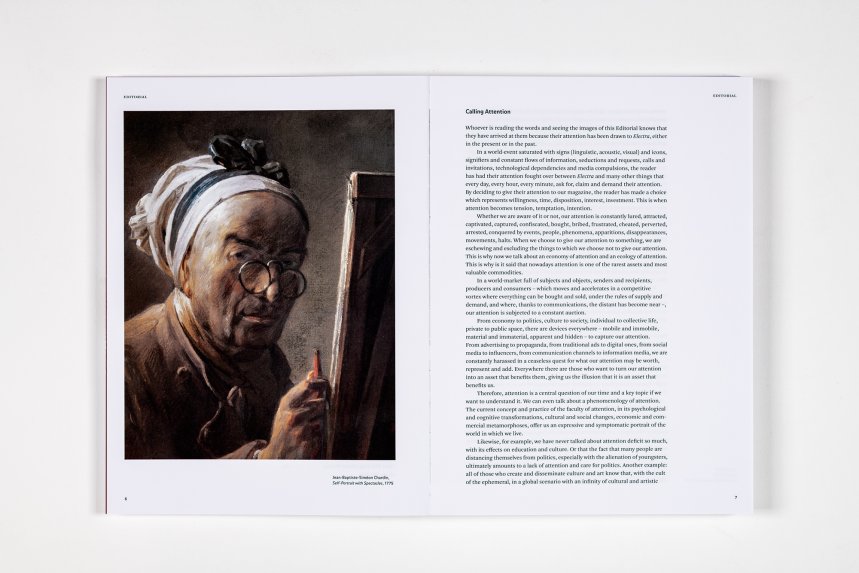
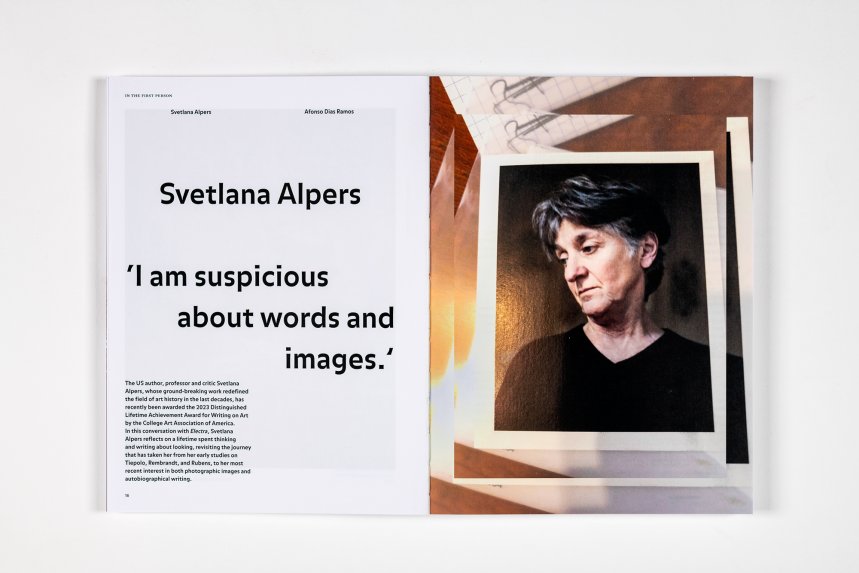
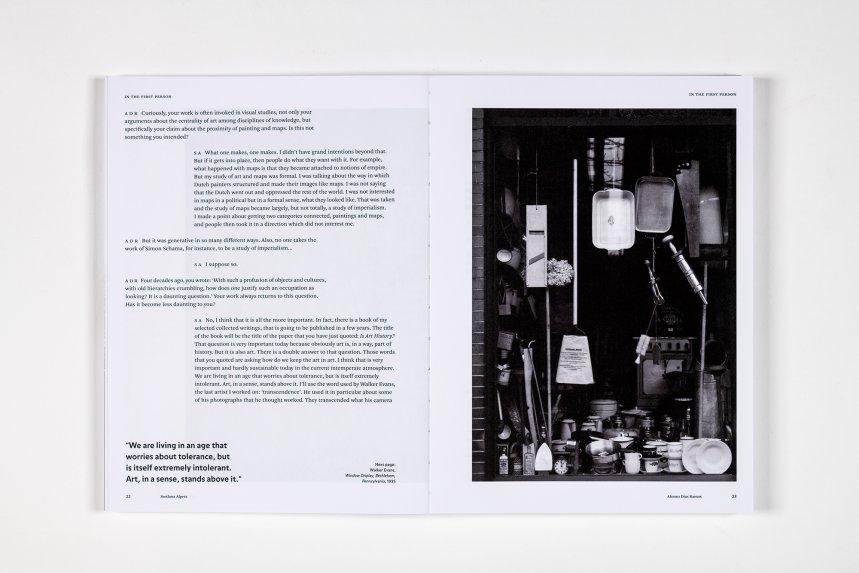
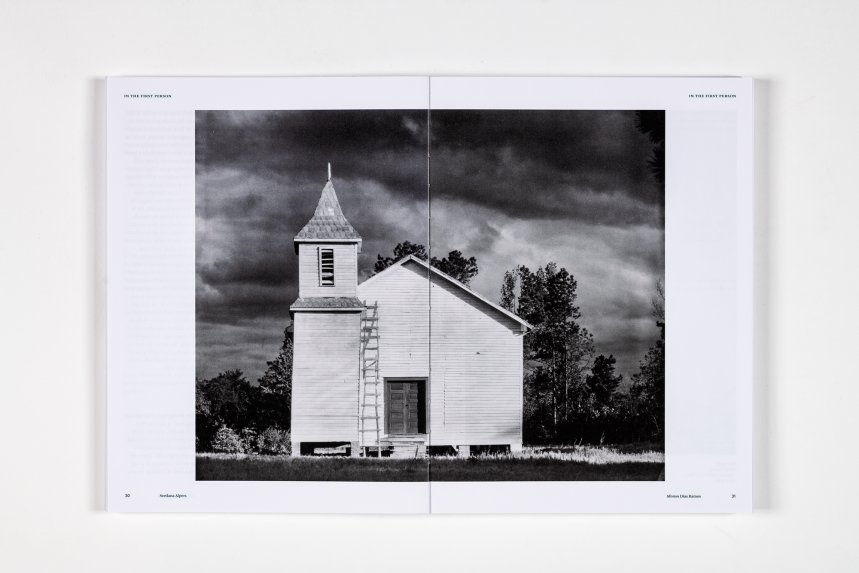
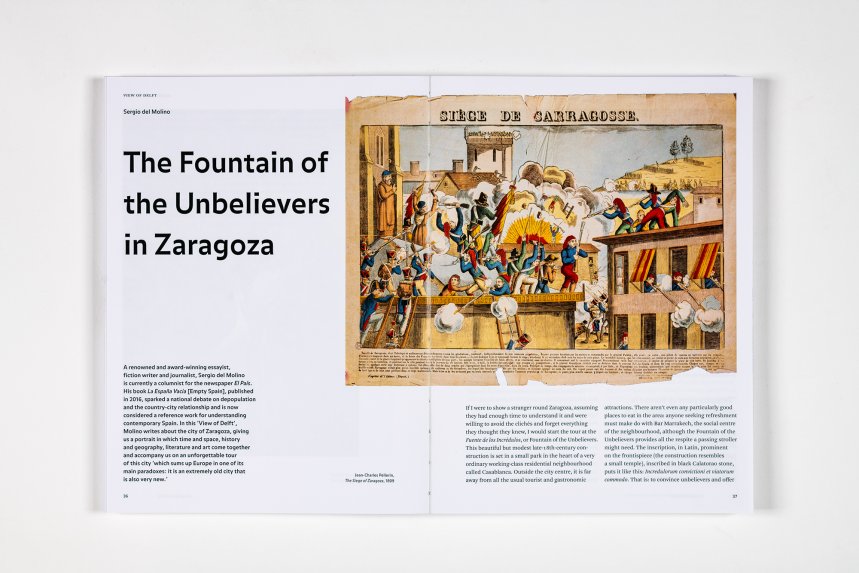
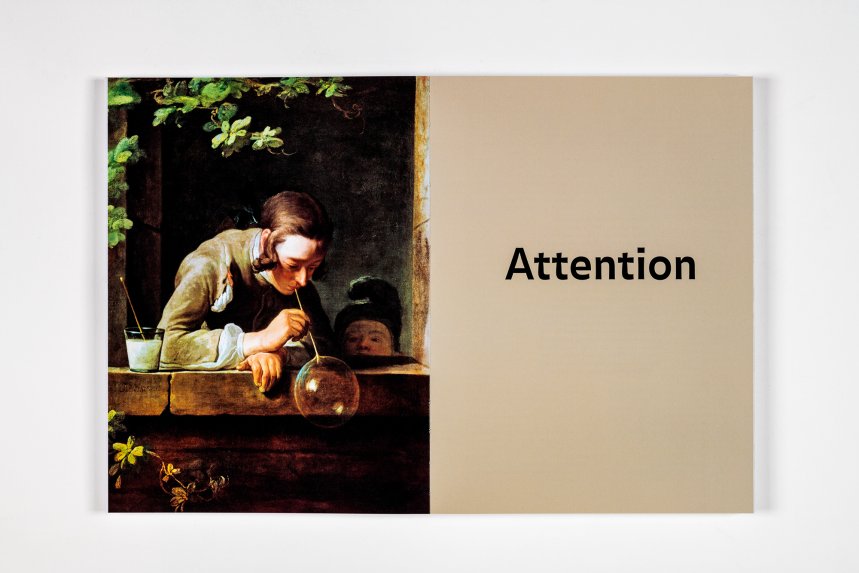
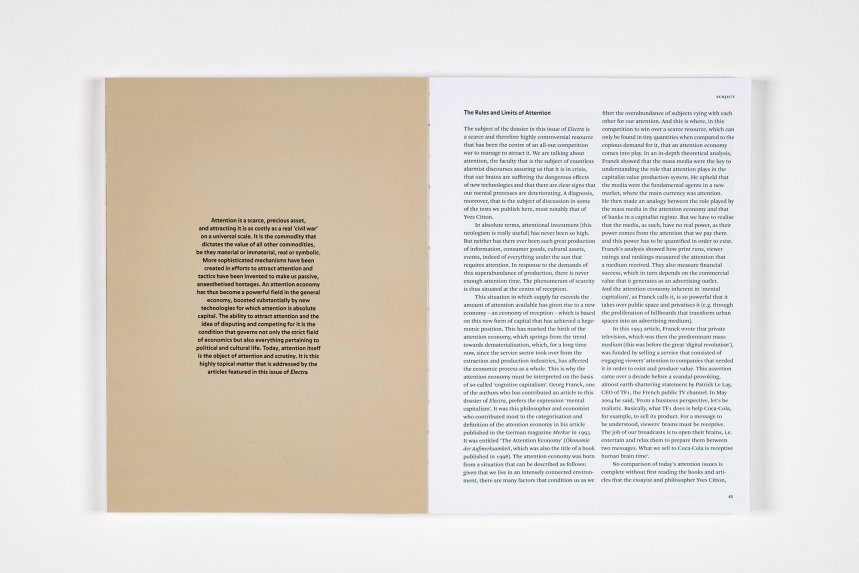
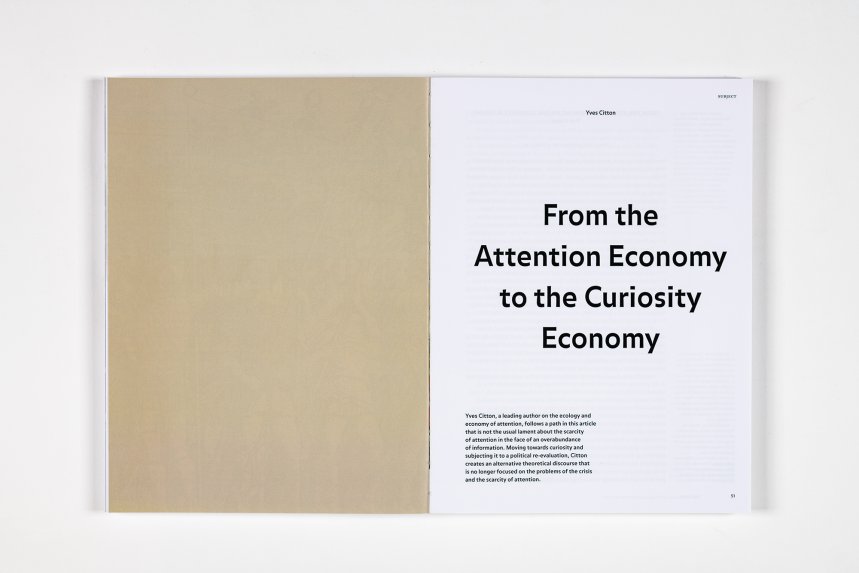
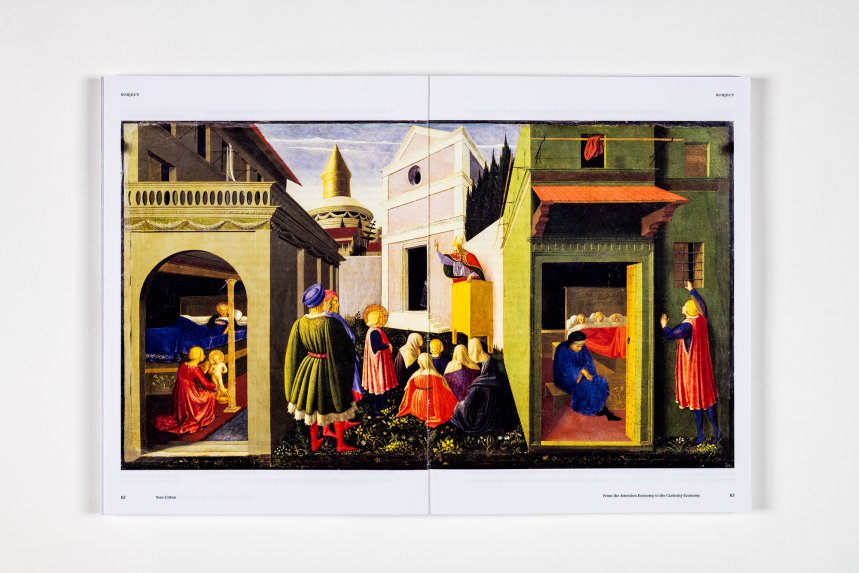
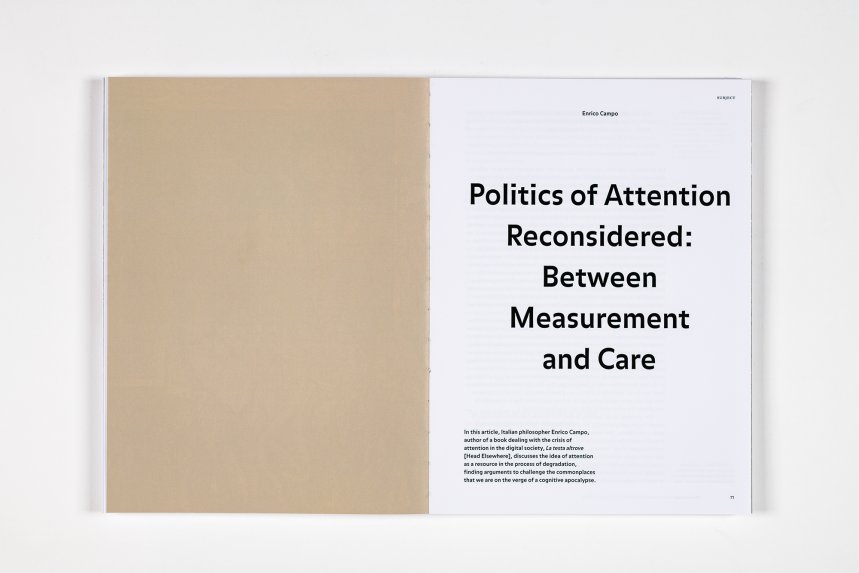
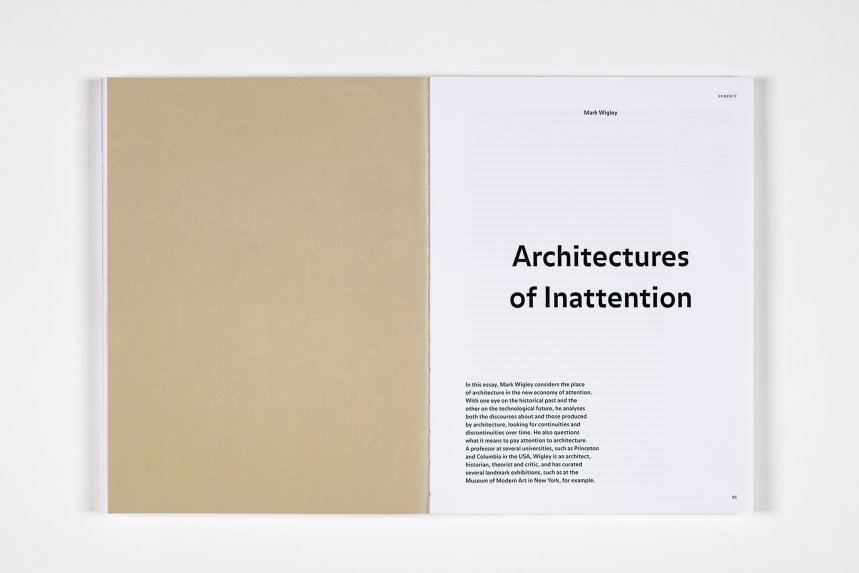
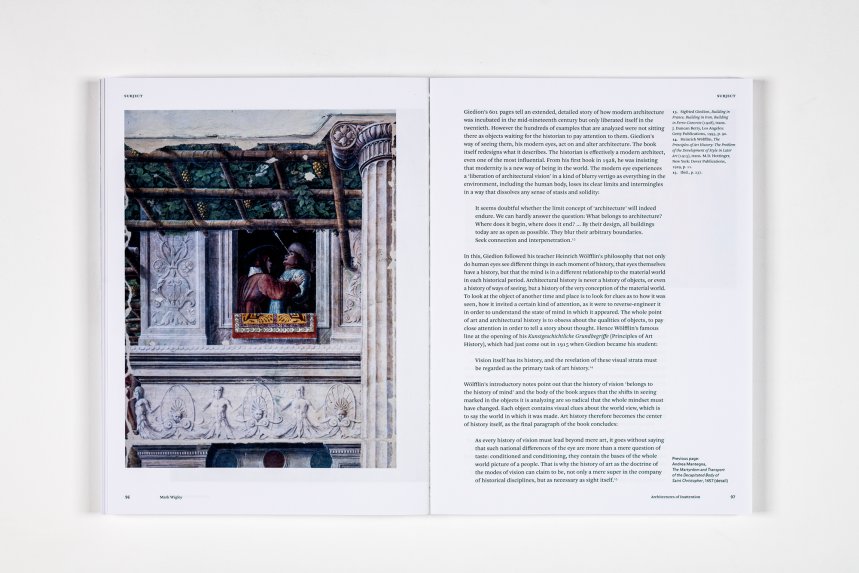
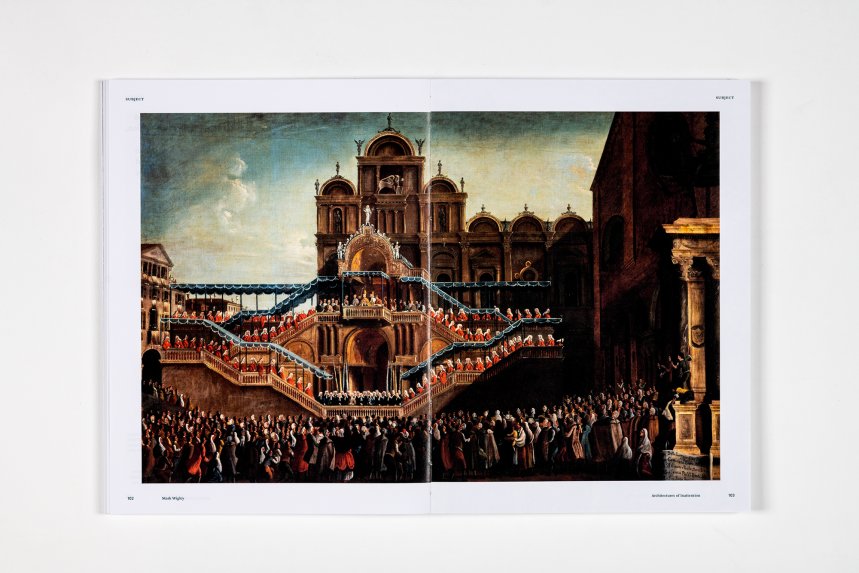
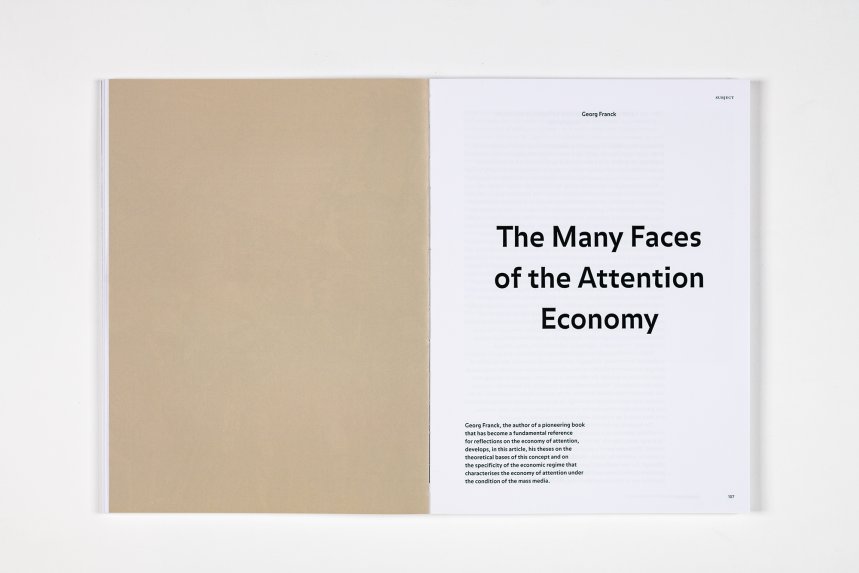
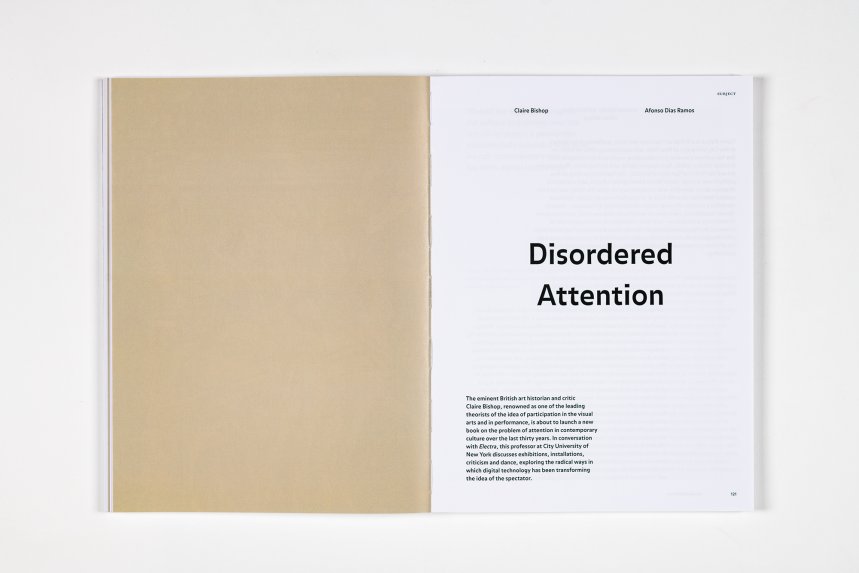
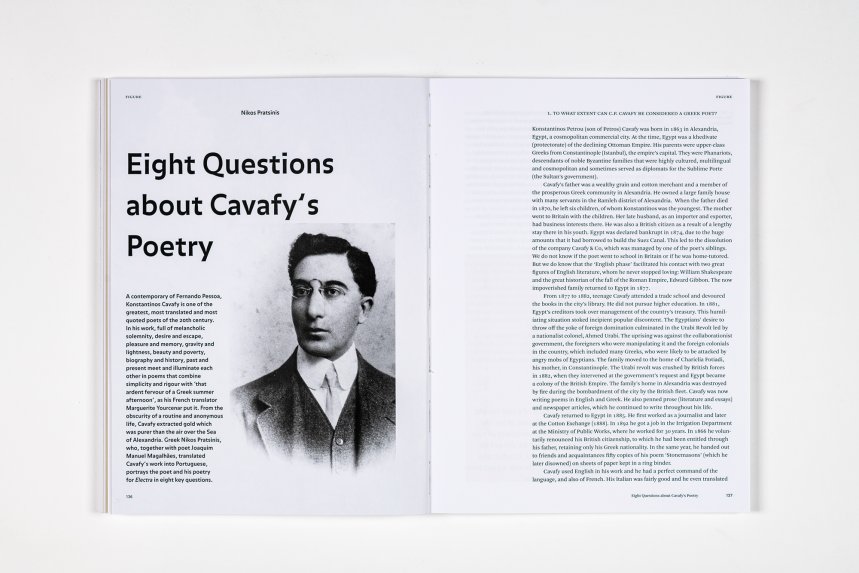
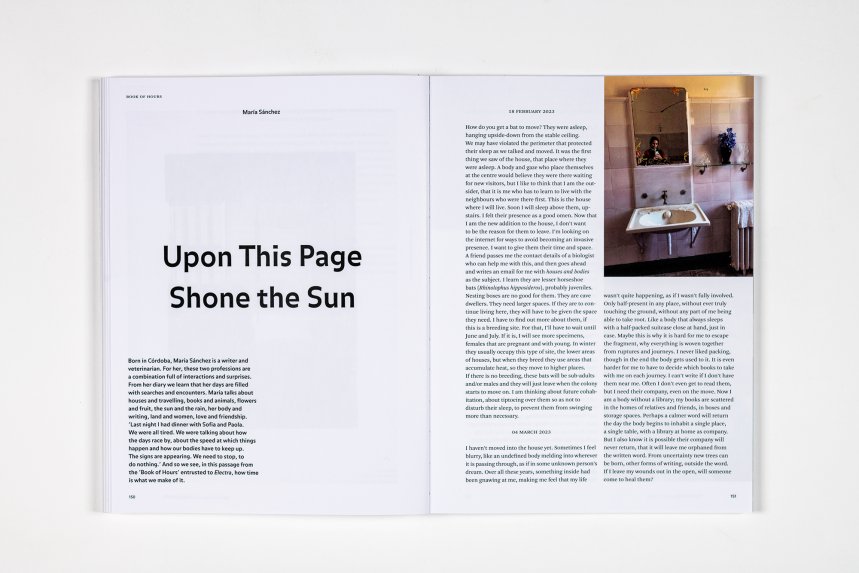
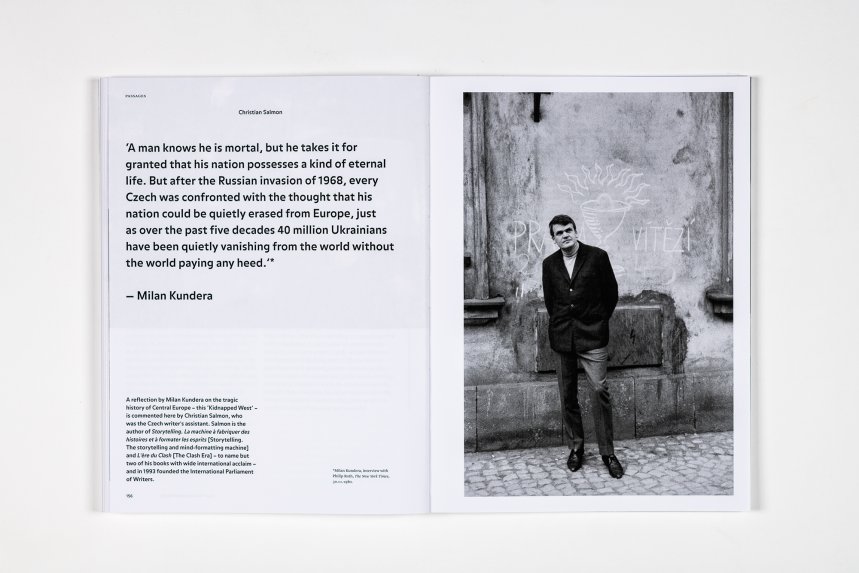
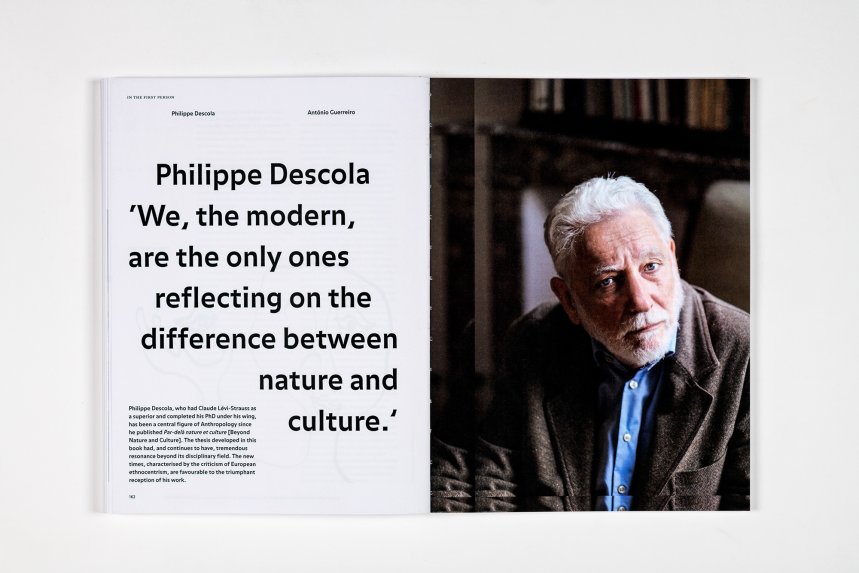
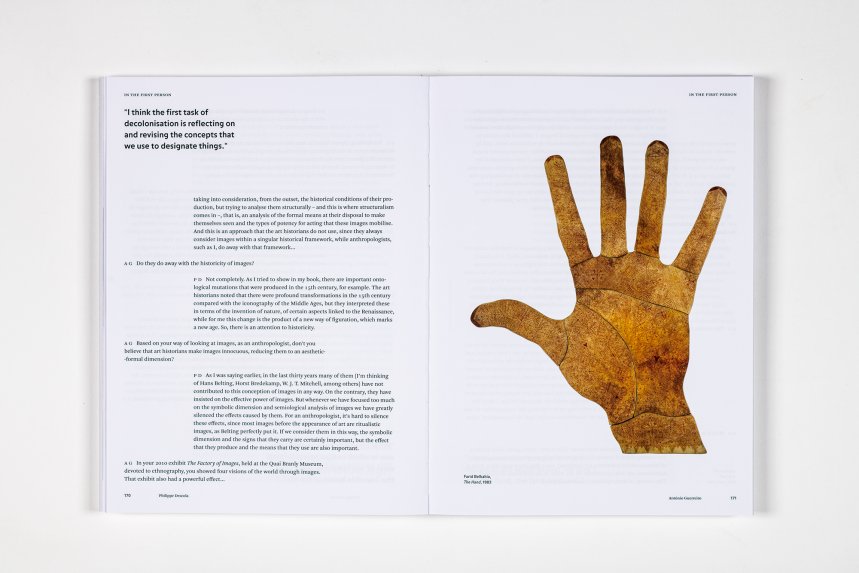
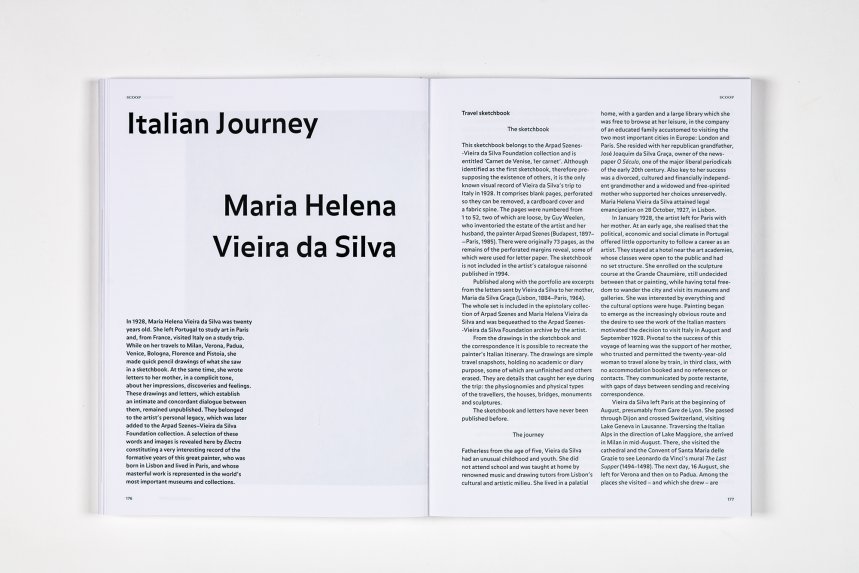
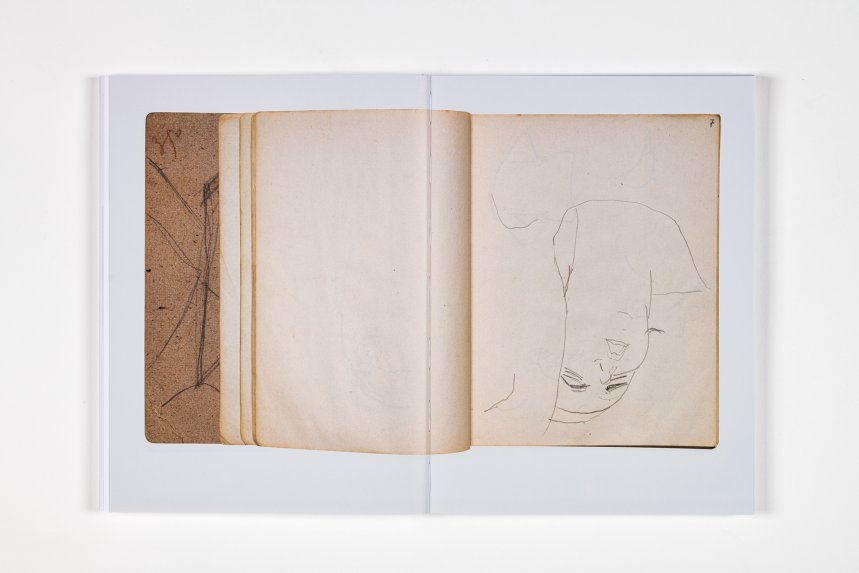
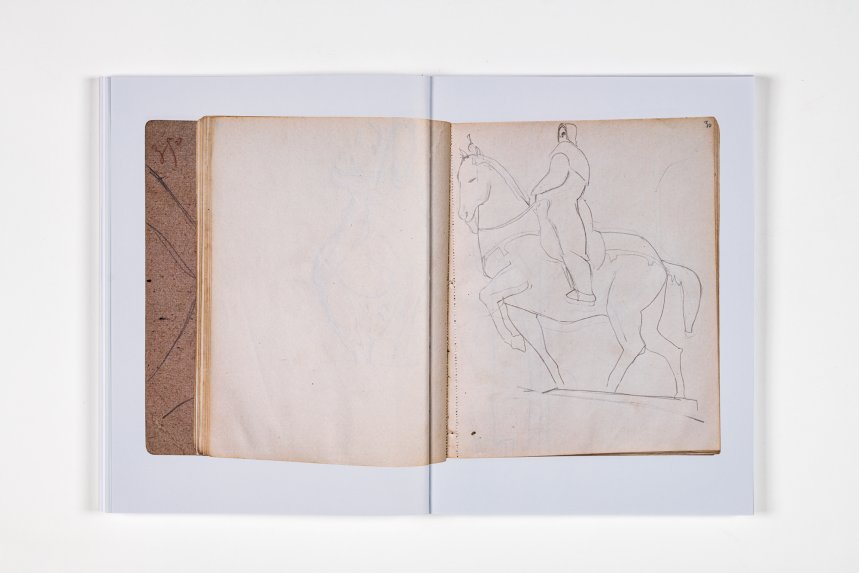
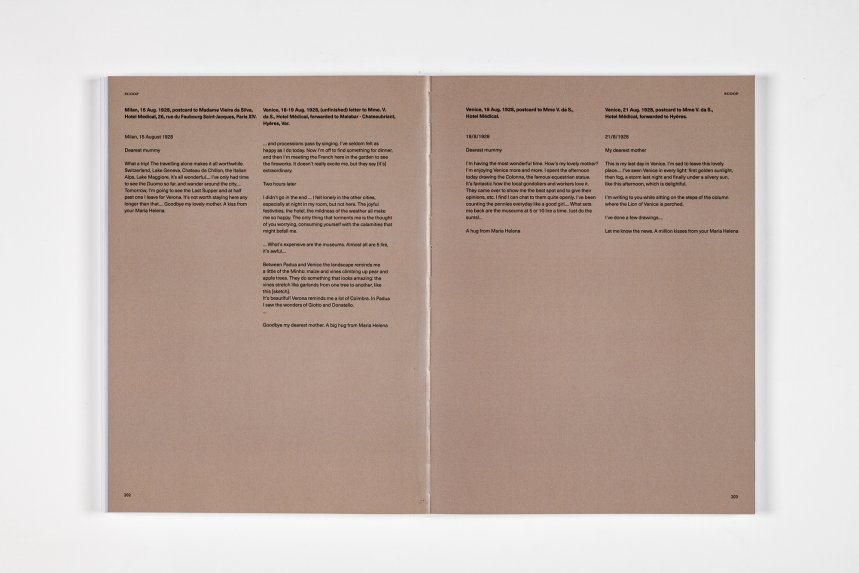
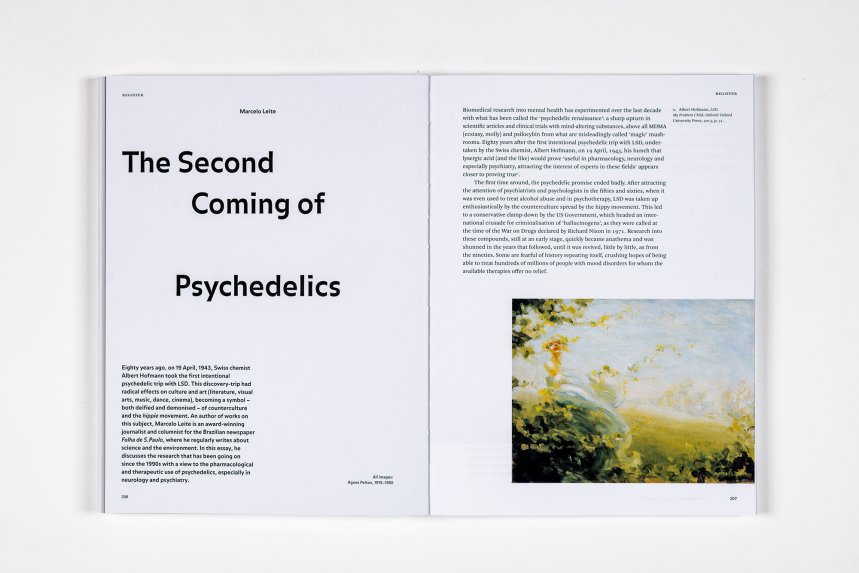
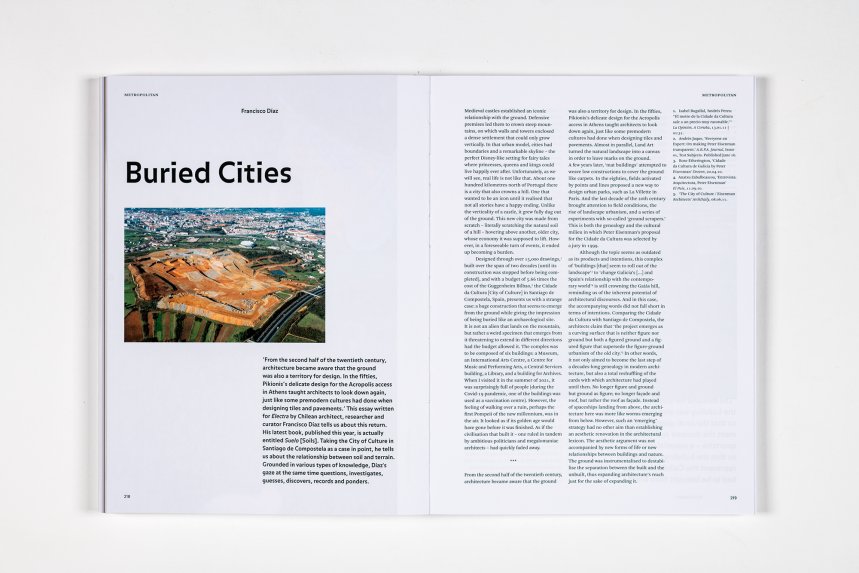
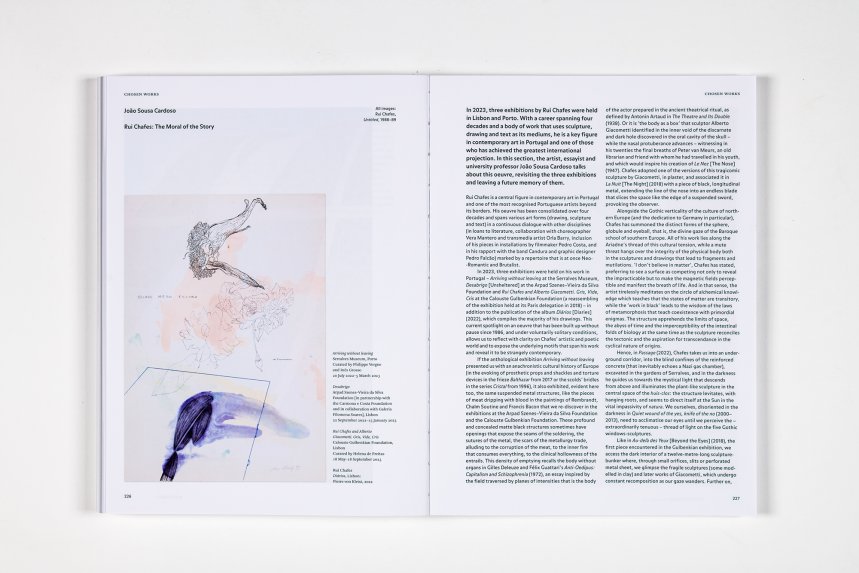
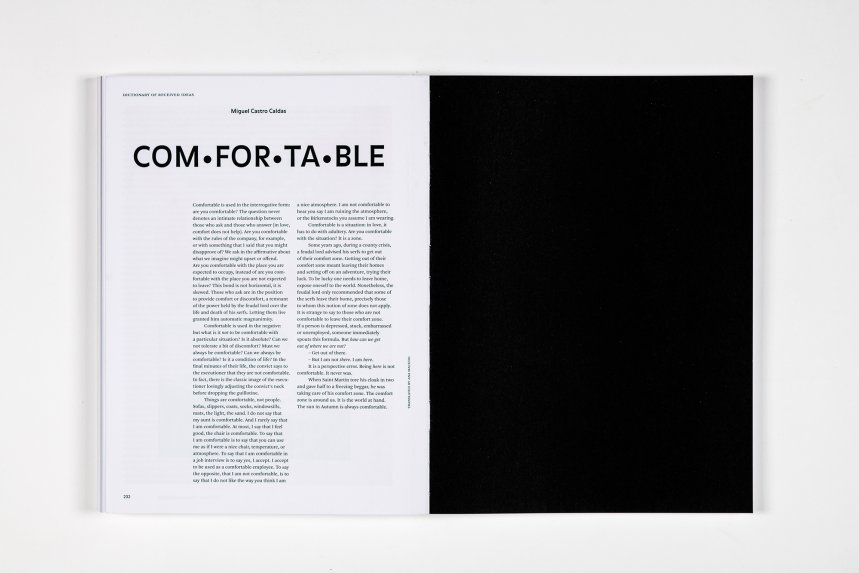
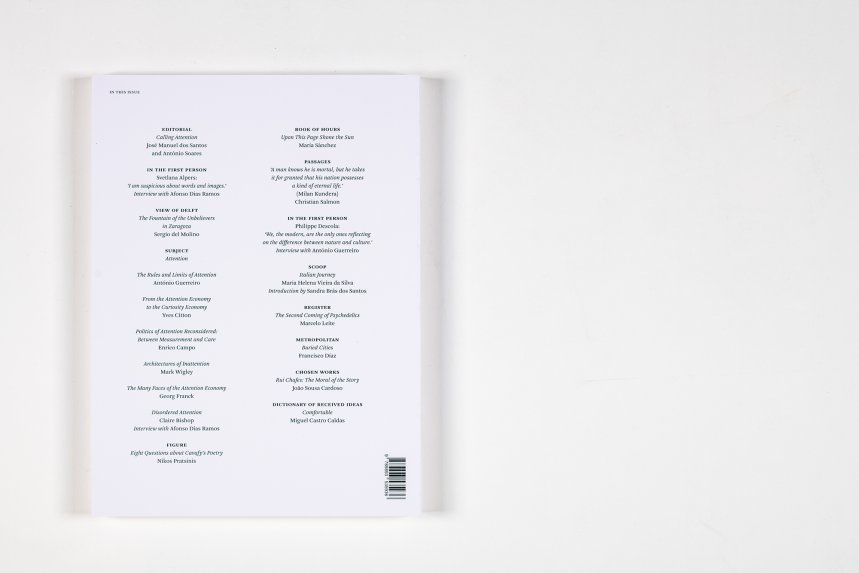
Attention, the subject of the central dossier of issue 23 of Electra magazine, is a scarce and precious resource, and therefore subject to an unrelenting battle to capture it. And there has never been such a proliferation of information, consumer products, cultural goods, and events that demand our attention. Attention is the commodity on which the value of all other commodities depends, whether material or immaterial, real or symbolic. It is therefore a fundamental issue of our time and a crucial topic for understanding it. This issue features articles and interviews with Yves Citton, Enrico Campo, Mark Wigley, Georg Franck, and Claire Bishop.
This issue's "In the First Person" section features interviews with the American writer, professor and critic Svetlana Alpers (with Afonso Dias Ramos), whose pioneering work has redefined the field of art history in recent decades, and Philippe Descola (with António Guerreiro), a central figure in anthropology, who speaks about topics ranging from the production of images and iconographic traditions and styles to the question of the opposition between nature and culture.
The "Scoop" section presents a set of unpublished drawings and letters by the painter Maria Helena Vieira da Silva. In 1928, she was twenty years old and had left Portugal to study art in Paris, before embarking on a study trip to Italy. During this journey she drew quick sketches in a notebook of what she saw, writing letters to her mother to tell her about her impressions and discoveries. A selection of these drawings and letters, in which an intimate and consonant dialogue is established, is now revealed.
In Electra 23, a portrait of the great Greek poet Constantine Cavafy by professor and translator Nikos Pratsinis is published in the "Figure" section, and writer Christian Salmon offers commentary on a reflection on the tragic history of Central Europe by renowned Czech novelist and essayist Milan Kundera in the "Passages" section.
Also in this issue, essayist and journalist Sergio Molino gives us a personal map of the city of Zaragoza, where history and geography, literature and art meet; Brazilian journalist and columnist Marcelo Leite examines research that has been conducted since the 1990s with a view to the pharmacological and therapeutic use of psychedelics; writer and veterinarian María Sanchez builds a diary that is permeated with searching and encounter, houses and journeys, books and animals, lands and women, love and friendship; Chilean architect, researcher and curator Francisco Díaz discusses the relationship between soil and terrain based on Peter Eisenman's City of Culture project in Santiago de Compostela; artist and essayist João Sousa Cardoso writes about the work of sculptor Rui Chafes, revisiting three exhibitions and a book presented during 2023; and playwright Miguel Castro Caldas offers a commentary on the word "Comfortable".
